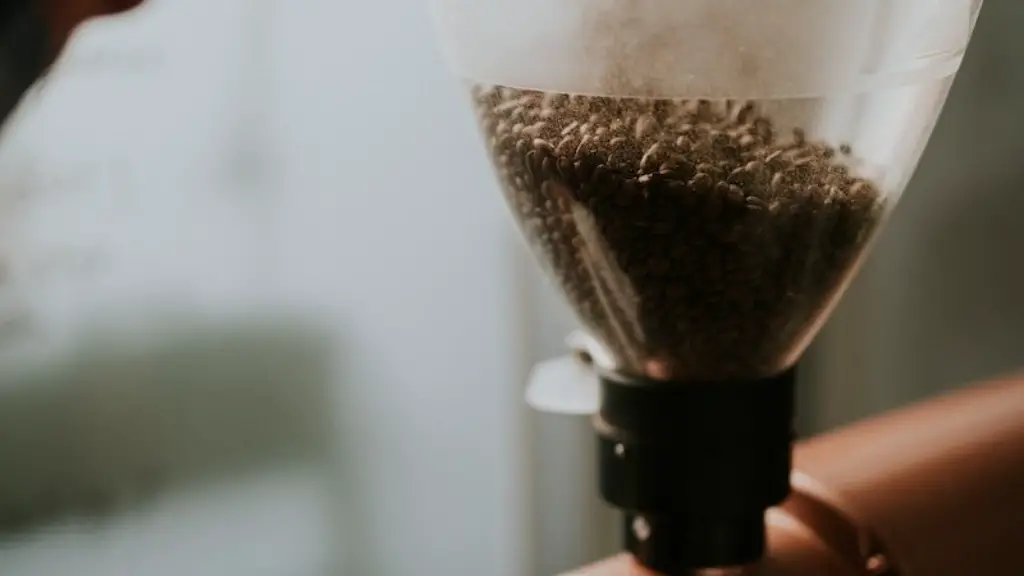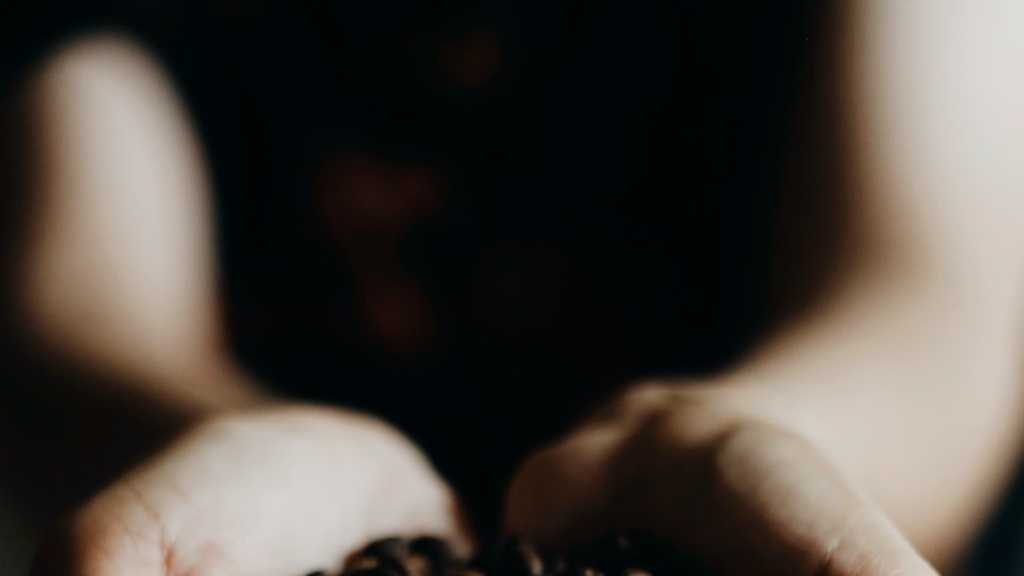If you’re like most Americans, chances are you enjoy sipping on a hot cup of coffee in the evening or right before bed. But the big question is: “Can I drink coffee before bed?”
The answer, unfortunately, isn’t so simple. Coffee is both beneficial and detrimental to your overall health, and drinking it before bed could affect both your rest and overall well-being.
On the plus side, coffee is an excellent source of antioxidants and anti-inflammatories, both of which help protect your body against certain invaders that cause certain types of cancer and other diseases. Coffee also provides your body with many essential vitamins and minerals that help to keep you healthy.
On the other hand, coffee also contains caffeine, which is known to be a stimulant. Studies have found that drinking coffee before bed can interfere with your sleep cycle, as it increases alertness and keeps your body from entering a state of restfulness.
The bottom line is that it depends on your individual needs and preferences. Some people are more sensitive to caffeine than others and should avoid it altogether. Others may be able to enjoy a cup of coffee just before bed and still get a good night’s sleep. However, it’s best to experiment with different times of consuming coffee and see how your body responds.
If you’re still worried about drinking coffee before bed, you can try switching to decaffeinated coffee instead. This way you can still reap the benefits of the antioxidants and minerals without having to worry about the potential downsides of caffeine.
Even if you choose to drink coffee before bed, it’s important to do it in moderation. Too much coffee can lead to unwanted side effects such as restlessness or heartburn, so try to limit yourself to just one or two cups per day.
Effects on Sleep Quality
Research has shown that drinking coffee before bed disrupts your sleep quality and can lead to feelings of drowsiness during the day. In fact, one study found that people who consumed coffee immediately before bed took twice as long to fall asleep and experienced reduced amounts of deep sleep during their time in bed.
This is largely due to the caffeine content in the coffee, which is known to be a stimulant and can cause the body to produce more adrenaline, making it harder to reach the deeper stages of sleep.
Drinking too much coffee at night can also contribute to daytime fatigue, as the caffeine can remain in your body for up to six hours. This can lead to a lack of energy during the day and possibly cause difficulties in concentrating.
As such, it’s important to be aware of how much caffeine you’re consuming before bed and know what the potential effects of this could be.
Effects on Anxiety
While the jury is still out on the exact effects that coffee has on anxiety levels, some studies indicate that drinking coffee before bed can cause increased feelings of anxiousness.
This could partly be due to the fact that caffeine can interfere with your body’s natural processes of getting ready to go to sleep. When this happens, it can lead to an increase in cortisol, the hormone that’s responsible for stimulating the “flight-or-flight” response and increasing anxiety levels.
If you already suffer from anxiety and are looking for ways to reduce it, it may be worth considering avoiding coffee before bed. While the effects of coffee on anxiety levels may be more subtle, it’s always best to err on the side of caution.
Effects on Health
Coffee can also have short-term and long-term effects on your overall health. Studies have shown that consuming too much caffeine can lead to dehydration, which can cause headaches and other issues. Additionally, drinking too much coffee can lead to higher levels of digestive distress, such as heartburn and stomach ulcers.
Furthermore, coffee can increase your heart rate and blood pressure, which can be detrimental to those with cardiovascular diseases or hypertension. So it’s worth considering cutting back on your caffeine intake if you’re prone to heart problems or have high blood pressure.
Alternatives to Coffee
If you’re looking for a more natural way to enjoy the benefits of coffee without the risk of potentially negative effects, there are other alternatives sources of caffeine that you could try.
One option is herbal tea, which is naturally caffeinated and can provide the same alertness and energy as coffee does. It’s also much lower in calories and sugar, making it a healthier choice for those watching their weight.
Another option is to take a caffeine supplement, which provides a more consistent source of energy than coffee does. Caffeine supplements can be taken either in powder or pill form and are generally considered safe as long they’re taken in moderation.
Precautionary Measures
If you decide to continue drinking coffee before bed, there are a few things you should keep in mind. First, try to avoid drinking coffee late in the evening, as this can interfere with your sleep cycle. Stick to drinking it earlier in the day, such as in the afternoon or early evening.
Second, try to limit your coffee intake to one or two cups per day, as drinking too much coffee can lead to negative health effects. Finally, be mindful of your sensitivity to caffeine. If you feel like your coffee is making it harder to sleep, try switching to decaf or consider substituting it with an herbal tea or caffeine supplement instead.
Effects on Concentration
Although coffee is used by many people as a way to increase their focus and alertness, studies have shown that drinking too much coffee before bed can actually lead to reduced concentration during the day.
This could be because drinking coffee late at night disrupts your sleep cycle, which can in turn affect your cognitive performance and make it more difficult to focus. Additionally, the caffeine content in coffee can lead to jitters and heightened anxiety, which can also make it harder to concentrate.
Thus, it’s best to limit your coffee intake if you want to maintain focus throughout the day and avoid drinking it late in the evening.
Conclusion
In conclusion, drinking coffee before bed can have both positive and negative effects on your health and sleep quality. While it’s possible for some people to still get a good night’s rest after drinking coffee, it’s important to be aware of your own sensitivity level to caffeine and be mindful of how much you’re drinking. If you’re worried about the potential risks, try switching to decaf or opting for an herbal tea or caffeine supplement instead.





